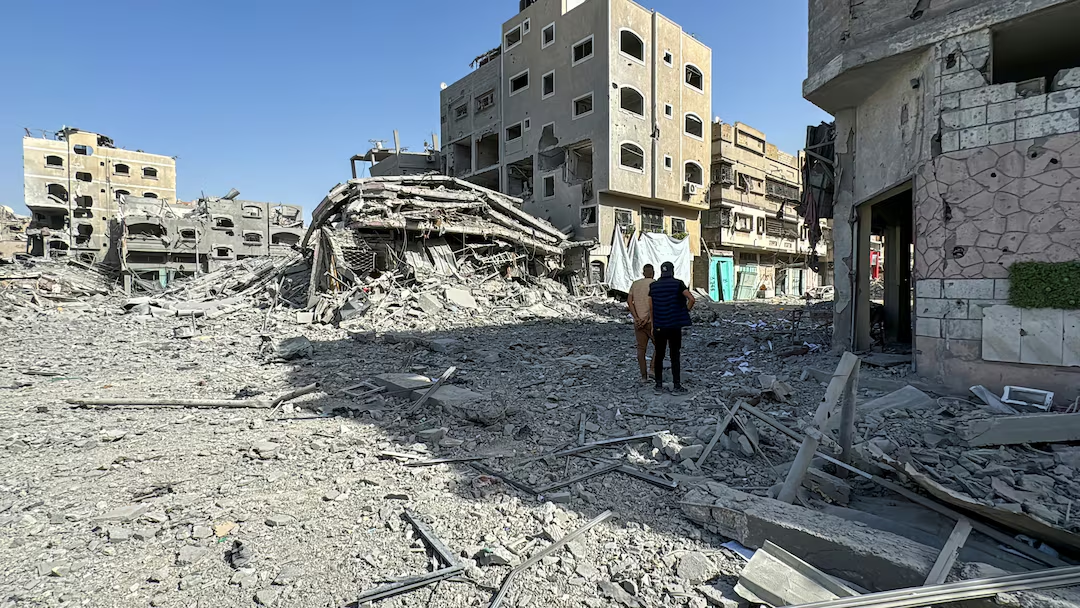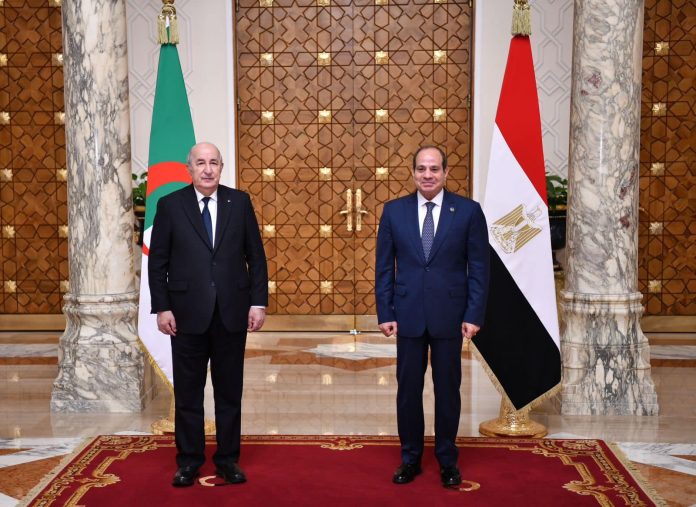Egyptian President Abdel Fattah al-Sisi has put forth a proposal for a temporary two-day ceasefire in Gaza to allow the exchange of four Israeli hostages held by Hamas for Palestinian prisoners. Announced during a joint press conference with Algerian President Abdelmadjid Tebboune in Cairo, this proposal comes as international peace efforts continue with high-level discussions in Qatar, involving CIA and Mossad directors. Should this brief ceasefire be enacted, Sisi envisions formal talks resuming within ten days, aiming to transition toward a longer-term peace solution. A Palestinian official close to the negotiations remarked that Hamas may review the new offers but remains steadfast in its insistence that any agreement must include significant concessions. Israel, however, has consistently maintained that the conflict can only conclude with the complete eradication of Hamas as a military and political entity within Gaza.
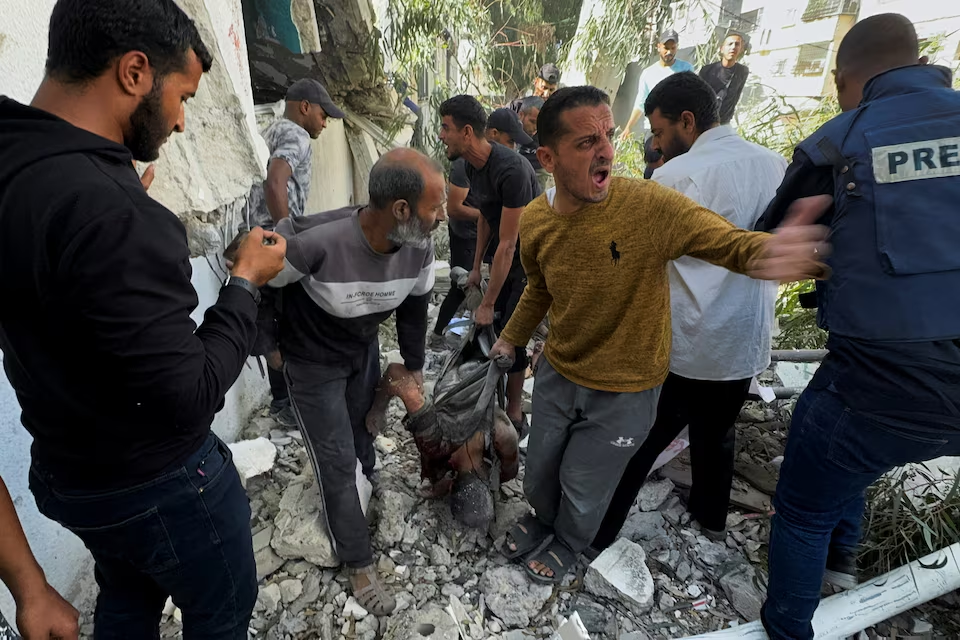
The current war began when Hamas fighters infiltrated Israel on October 7 last year, resulting in over 1,200 Israeli casualties and the capture of more than 250 hostages. This assault provoked a swift and severe retaliation by Israel, who has since carried out extensive air and ground operations in Gaza. The toll has been devastating; Gaza’s health ministry reports nearly 43,000 Palestinians dead, while the enclave, already densely populated, faces extensive destruction of infrastructure, residential areas, and basic services.
In recent weeks, the United States, Qatar, and Egypt have taken the lead in mediation, pushing for a short-term ceasefire that would allow a limited exchange of hostages for prisoners. According to a diplomatic source, the overarching goal remains a more comprehensive ceasefire, but achieving even a temporary halt in hostilities has proven elusive. Any agreement would serve as a test for longer-term solutions and could potentially create the foundation for sustained peace talks.
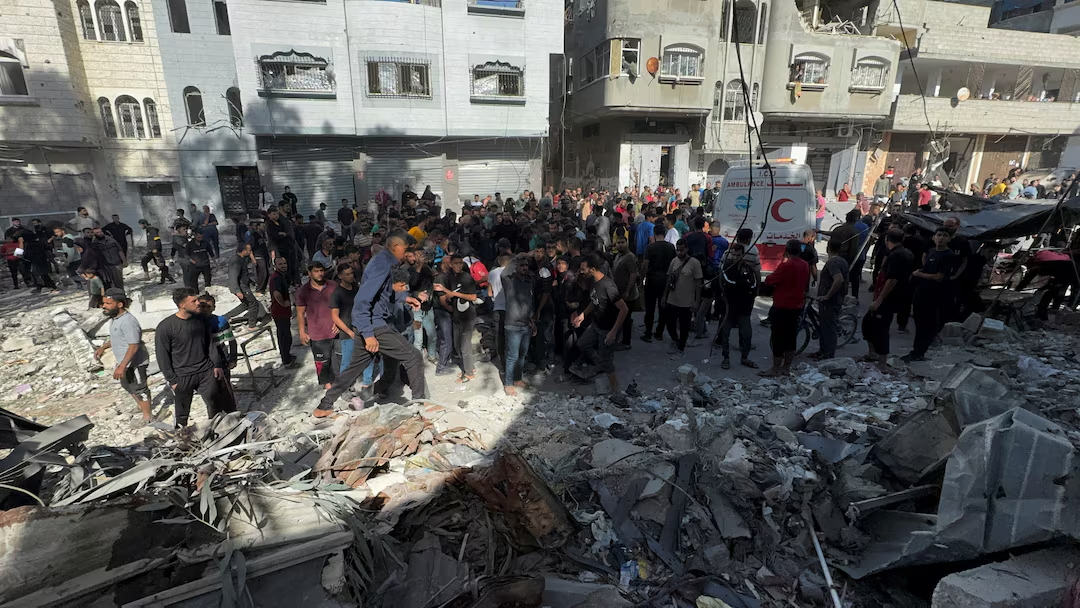
Meanwhile, the humanitarian crisis in Gaza continues to deepen. In northern Gaza, where the fighting has been particularly intense, the United Nations has described civilian conditions as “unbearable.” UN Secretary-General Antonio Guterres has expressed shock at the levels of destruction, civilian casualties, and humanitarian needs. He noted that families are trapped under rubble, the sick and injured face life-threatening situations without adequate care, and essential supplies such as food, water, and shelter are lacking. Additionally, reports have emerged of family separations and detentions of civilians in overcrowded makeshift shelters. A UN spokesperson also highlighted Israel’s restrictive measures on aid deliveries, stating these are significantly hampering efforts to provide relief to those in desperate need.
Israel contends that its operations are conducted in compliance with international law and that its primary targets are Hamas operatives, who, it argues, use densely populated civilian areas as human shields—a claim Hamas denies. Israel also denies blocking humanitarian assistance to Gaza, instead blaming international organizations for distribution issues and accusing Hamas of diverting supplies from aid convoys.
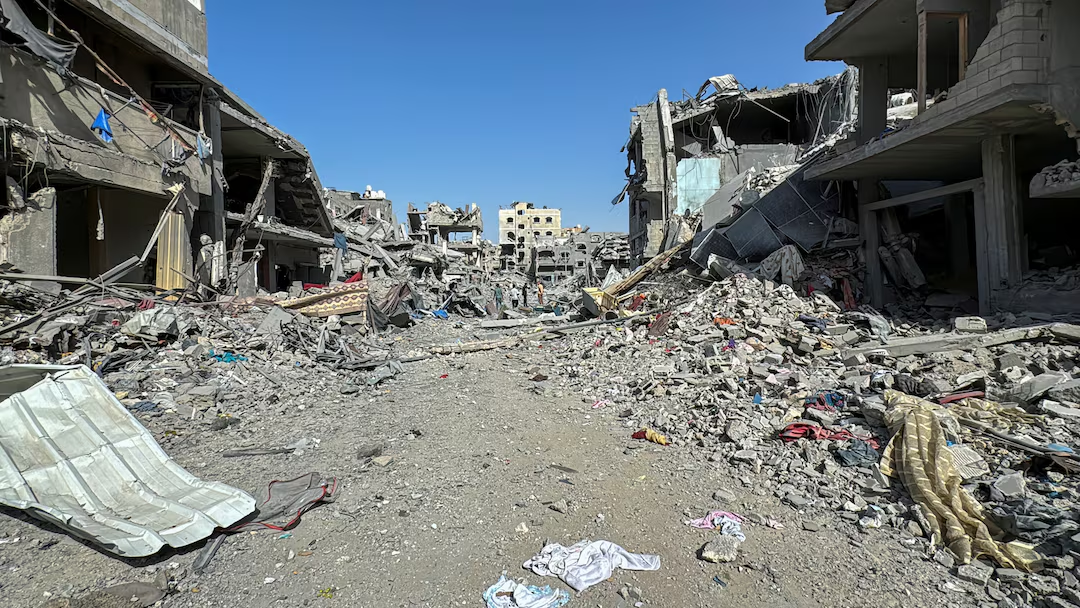
Over the weekend, specific areas like Jabalia have been the focus of Israel’s military campaign, with airstrikes reportedly killing 20 people in the refugee camp, which has a history of hosting displaced Palestinian families. Additional strikes targeted a school in Shati camp, killing nine civilians and injuring at least 20 others. The school had been sheltering displaced families, intensifying the scale of human tragedy. Footage circulating on Palestinian media, though unverified by Reuters, showed citizens frantically trying to evacuate the injured from bombed locations, with bodies and children being carried to awaiting vehicles amidst the devastation.
Israel’s military spokesperson indicated that its forces had killed over 40 Hamas fighters in Jabalia in the last 24 hours and seized large quantities of military equipment. However, Palestinian officials estimate around 800 civilian deaths from airstrikes targeting Jabalia, Beit Hanoun, and Beit Lahiya over the past three weeks.
International voices continue to call for restraint and compliance with humanitarian law. Observers worry that without immediate interventions and a viable path to de-escalation, the escalating violence will have long-lasting repercussions not only on the Israeli-Palestinian conflict but also on regional stability. Egypt’s proposed ceasefire and ongoing mediation efforts illustrate the high stakes and delicate nature of diplomacy in a region facing unprecedented levels of suffering and displacement.
